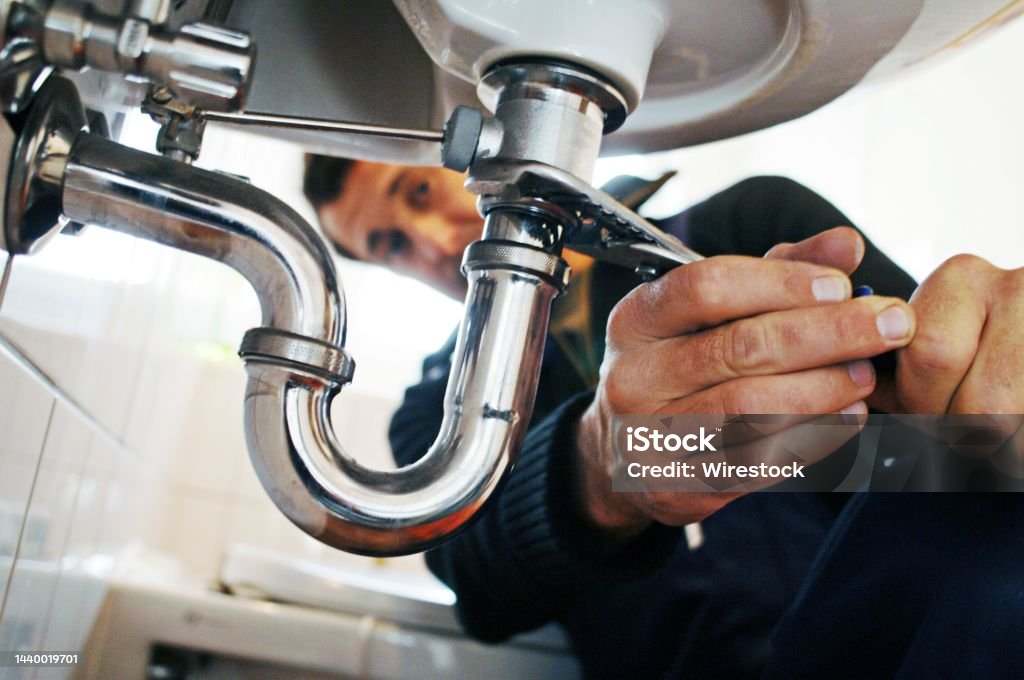
Focus Keyword: burst pipe
A burst pipe is one of the most serious plumbing issues a homeowner can face. It might start as a slow leak or a strange sound behind the wall, but when a pipe gives way, the damage can be swift and severe. Ignoring a burst pipe — or even signs of one — can lead to massive repair bills, property damage, and health hazards.
Let’s break down why you should never ignore a burst pipe, what causes it, and what to do if it happens in your home.
What Causes a Burst Pipe?
There are several reasons why a pipe may burst, including:
1. Freezing Temperatures
When water inside a pipe freezes, it expands. This pressure can cause the pipe to crack or burst — especially in poorly insulated areas.
2. Corrosion
Old or poorly maintained pipes can corrode over time, weakening the structure and eventually leading to leaks or full-blown bursts.
3. High Water Pressure
Excessive water pressure puts constant stress on your plumbing. Over time, this pressure can cause pipes to rupture.
4. Clogs and Blockages
A severe clog can cause pressure to build up behind the blockage, leading to bursts, particularly in older or weakened pipes.
The Hidden Dangers of a Burst Pipe
1. Water Damage
A burst pipe can release gallons of water in minutes. This water seeps into floors, walls, and ceilings, leading to:
- Rotting wood
- Mold and mildew growth
- Damaged drywall and flooring
2. Structural Damage
If left unchecked, water from a burst pipe can weaken your home’s structural foundation, requiring expensive repairs.
3. Electrical Hazards
Water and electricity do not mix. If the water reaches electrical outlets, it can create a serious risk of fire or electric shock.
4. Health Risks
Stagnant water can lead to mold growth within 24–48 hours, affecting indoor air quality and posing risks to people with respiratory issues.
Early Signs You Might Have a Burst Pipe
Even if you don’t see water pouring out, some early signs include:
- Unusual noises in your walls (like hissing or dripping)
- Water stains on ceilings or walls
- Sudden drop in water pressure
- Spike in water bills
- Damp smells or moldy odors
What to Do If You Suspect a Burst Pipe
Act quickly! Here’s what you should do before your emergency plumber arrives:
1. Shut Off the Water
Locate your main water valve and turn it off to stop the flow of water.
2. Turn Off the Power
If water is near electrical systems, switch off your electricity to prevent hazards.
3. Drain Faucets
Turn on all taps to drain any remaining water and reduce pressure.
4. Call a Professional
Don’t attempt a full repair on your own. Call an experienced Emergency Plumber UK to assess and fix the issue right away.
How to Prevent a Burst Pipe
1. Insulate Pipes
Insulate pipes in colder areas like attics, basements, and exterior walls to prevent freezing.
2. Monitor Water Pressure
Keep water pressure within a safe range (40–60 psi). You can install a pressure regulator if needed.
3. Schedule Routine Maintenance
Have your plumbing checked regularly by a professional. Small issues today can prevent big emergencies tomorrow.
4. Keep Your Home Warm
During cold weather, keep your home at a consistent temperature, even if you’re away.
Final Thoughts
A burst pipe is more than just a plumbing inconvenience — it’s a threat to your home, your safety, and your wallet. The longer you ignore it, the worse it gets. Recognize the signs, take immediate action, and don’t hesitate to call a licensed professional for help.
When disaster strikes, trust your local Emergency Plumber UK to respond fast and fix the problem right the first time — 24 hours a day.